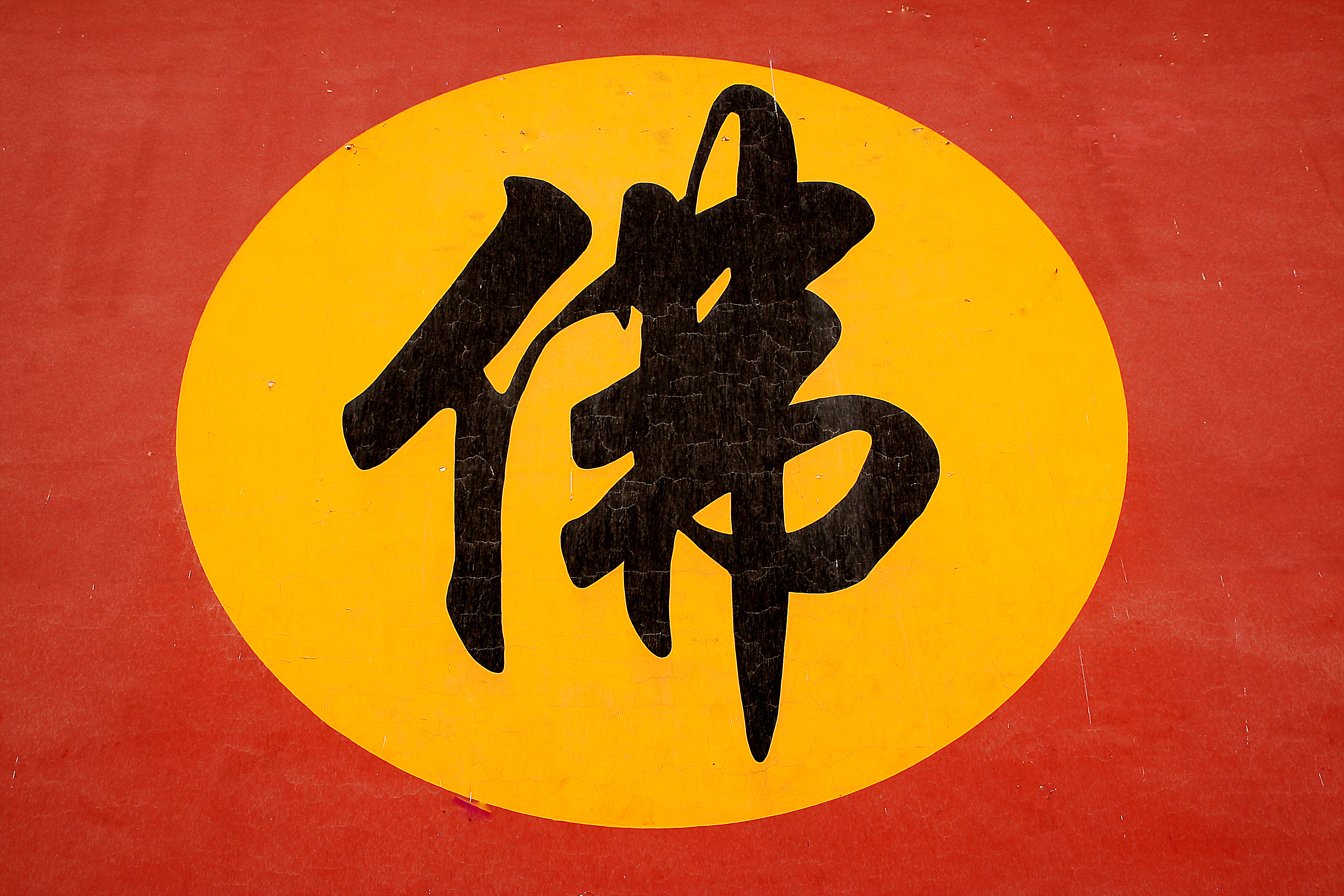|
Inka Shōmei
In Chan and Zen Buddhism, dharma transmission is a custom in which a person is established as a "successor in an unbroken lineage of teachers and disciples, a spiritual 'bloodline' ('' kechimyaku'') theoretically traced back to the Buddha himself."Haskel, 2 The dharma lineage reflects the importance of family-structures in ancient China, and forms a symbolic and ritual recreation of this system for the monastical "family". In Rinzai-Zen, ''inka shōmei'' is ideally "the formal recognition of Zen's deepest realisation", but practically it is being used for the transmission of the "true lineage" of the masters (''shike'') of the training halls. There are only about fifty to eighty of such ''inka shōmei''-bearers in Japan. In Sōtō-Zen, dharma transmission is referred to as ''shiho'', and further training is required to become an oshō. History The notion and practice of Dharma Transmission developed early in the history of Chan, as a means to gain credibility and to foste ... [...More Info...] [...Related Items...] OR: [Wikipedia] [Google] [Baidu] |
Chan Buddhism
Chan (; of ), from Sanskrit '' dhyāna'' (meaning "meditation" or "meditative state"), is a Chinese school of Mahāyāna Buddhism. It developed in China from the 6th century CE onwards, becoming especially popular during the Tang and Song dynasties. Chan is the originating tradition of Zen Buddhism (the Japanese pronunciation of the same character, which is the most commonly used English name for the school). Chan Buddhism spread from China south to Vietnam as Thiền and north to Korea as Seon, and, in the 13th century, east to Japan as Japanese Zen. History The historical records required for a complete, accurate account of early Chan history no longer exist. Periodisation The history of Chan in China can be divided into several periods. Zen, as we know it today, is the result of a long history, with many changes and contingent factors. Each period had different types of Zen, some of which remained influential while others vanished. Ferguson distinguishes three p ... [...More Info...] [...Related Items...] OR: [Wikipedia] [Google] [Baidu] |

